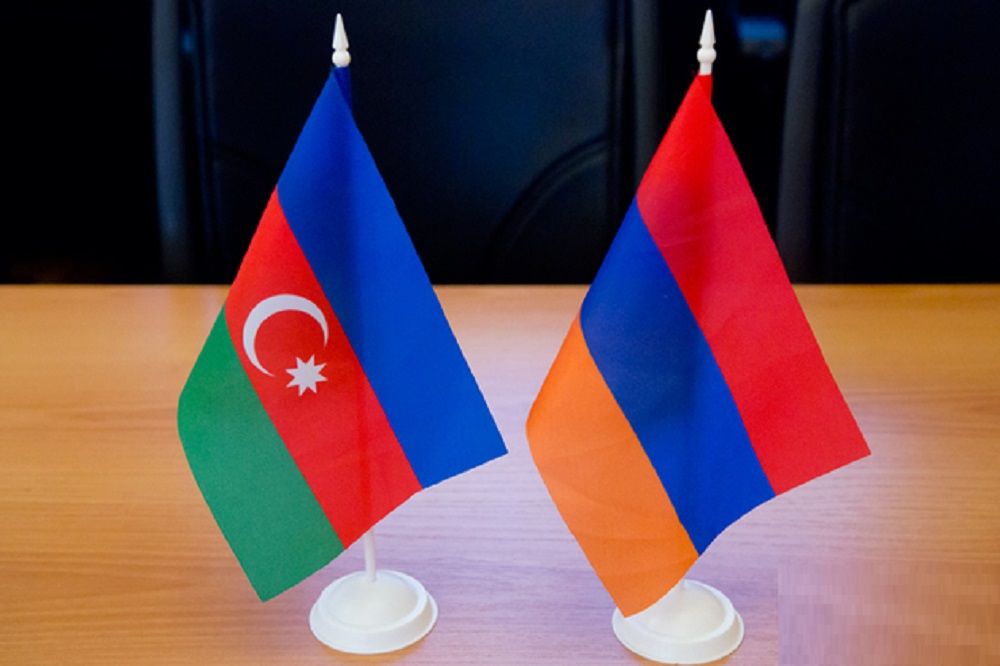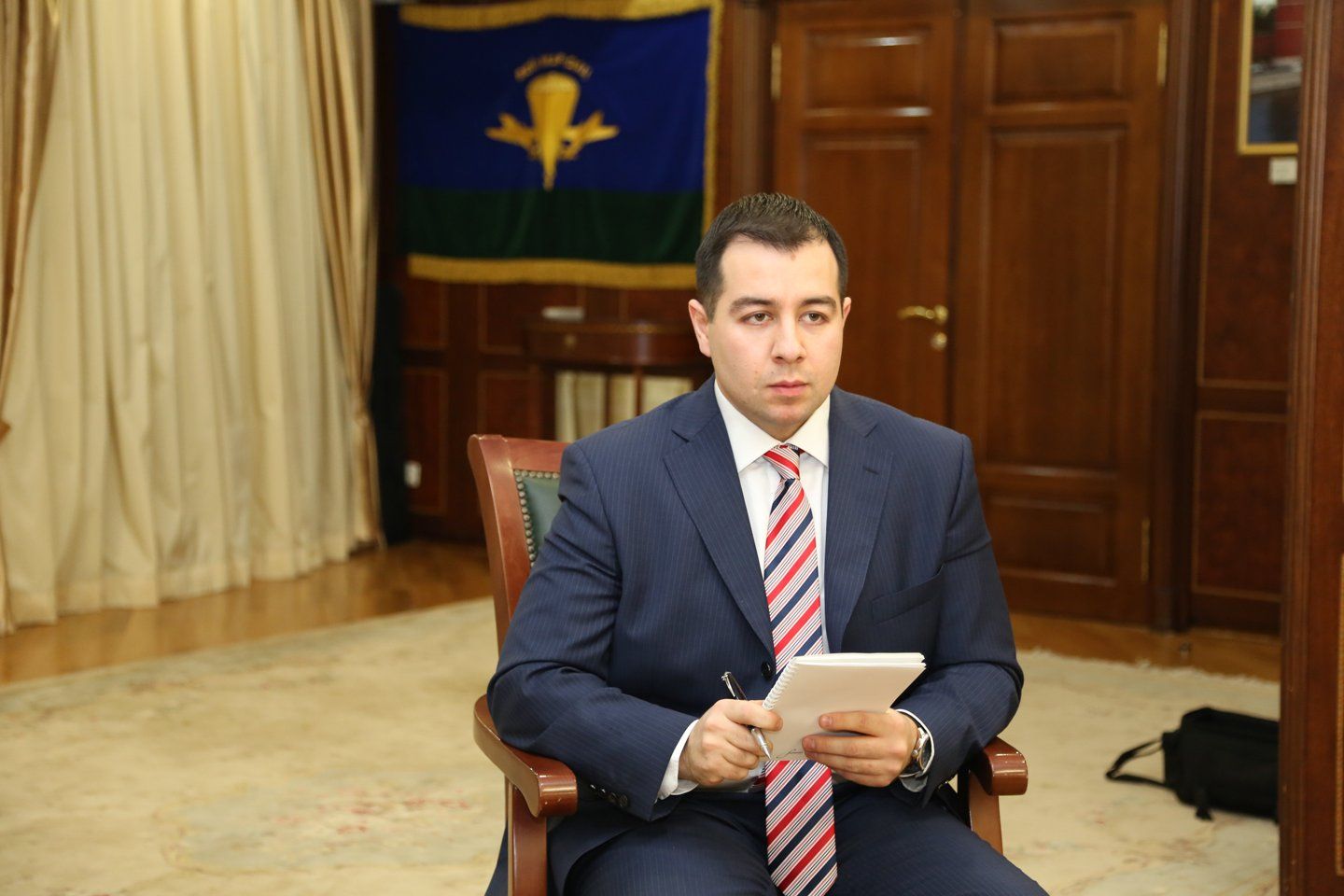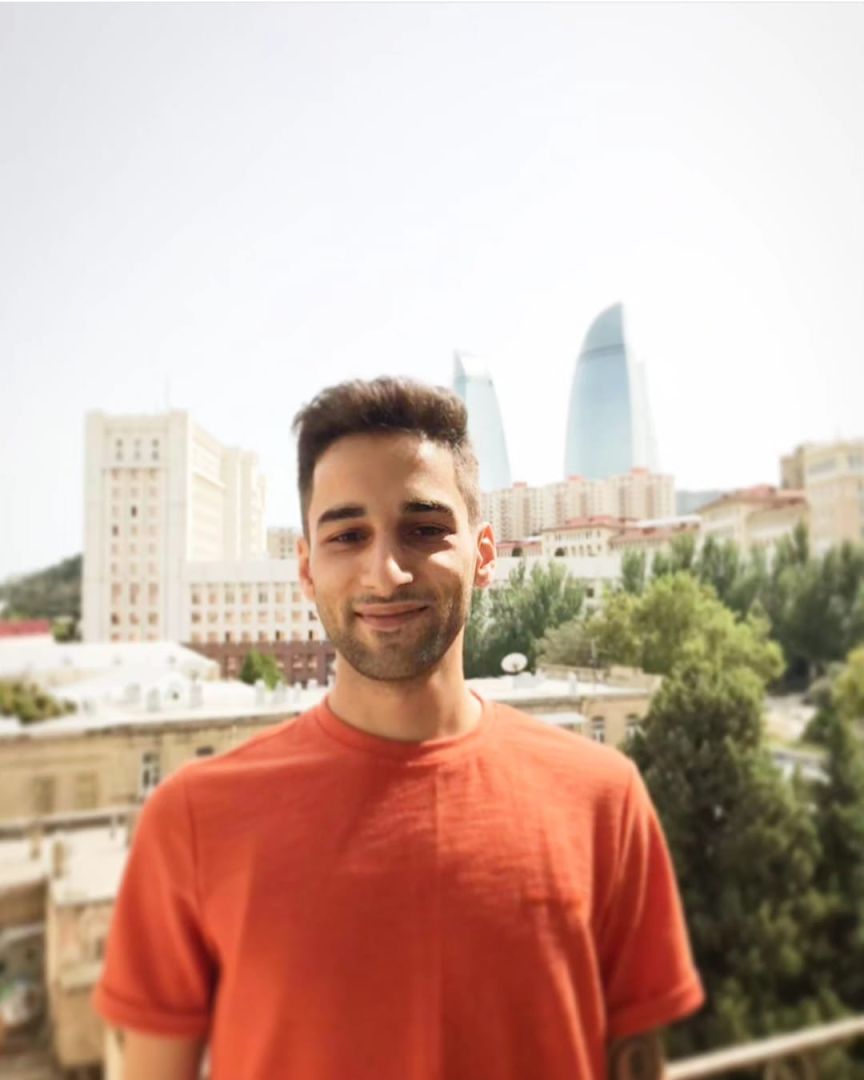How processes to continue after peace treaty between Armenia, Azerbaijan?

Sooner or later, peaceful co-existence is about to come true in the South Caucasus between Armenia and Azerbaijan. Armenian Prime Minister Nikol Pashinyan expressed great confidence in the Silk Road International Conference held in Tbilisi, where he showed a map of Armenia's economic communications in the region. The minister also stated that peaceful coexistence in the region implies a life "without borders" among Armenia, Azerbaijan, and Georgia.
It is good to see the "fresh" thinking and "sensible" mind in which the Armenian Prime Minister is now beginning to arrive on the way of development and approaching the day of signing the long-awaited peace treaty. The main thing at the moment is not to fall into the trap of the divided forces in the world, where the West is trying to prevent the prosperity of peace in the South Caucasus.
Changes are taking place inside Yerevan, both for the government and the people, and it faces the challenge of deciding the fate of the Armenians who by their free choice left Garabagh. The Azerbaijani government has guaranteed the security of the peaceful Armenian population of Garabagh, offered them to accept Azerbaijani citizenship and stay in the territory, and promised to create all conditions for them.
However, it is still questionable whether it is possible for Armenians to return to Garabagh after a peace treaty was signed between Armenia and Azerbaijan; or let's say if that happens, how it is going to work.
The Azerbaijani political scientist, Anar Hasanov, said in a comment on the issue for AZERNEWS that it is possible for the Armenians who left Grabagh of their own free will to return again. As to the expert's opinion, it applies to those who are unable to work, the elderly, and those who need to be cared for. However, Hasanov also touched on some exclusions.

"Why won't Armenians return to Garabagh en masse, even if there is peace? Firstly, there will be no self-government and no special status, much less the presence of international forces in the region. Secondly, Garabagh is not a metropolitan, but it is more rural. Let us not forget the fact that Armenians of Garabagh, even in the period of Azerbaijani SSR, preferred universities in Yerevan, and did not go back. That is, Garabagh is not a region where a young Armenian has a promising future from an economic point of view. So, Armenians will not return, and probably they will be grateful to fate that they have an opportunity to be in European cities now," the political analyst said.
According to the expert, there are many Armenians in Russia who were happy to leave Dashkesan, Goy-Gol, and Ganja and end up in Moscow as a result of the war, including Armenian refugees who ended up in the United States. Hasanov believes that in the coming years, the demographic picture in percentage terms will look as follows - 95 percent Azerbaijanis and 5 percent Armenians.
On November 2, 2023, Prime Minister Pashinyan issued a decree on granting Armenian citizenship to those Armenians who wish to obtain citizenship status, where the country needs its citizens in post-war times. Most Armenians who move to Yerevan do not stay in the capital for long and decide to leave the country and move abroad.
Armenia claims that the number of "forcibly displaced" Armenians in Yerevan was exactly 120,000, but according to Azerbaijan's calculations, it was even less than 20,000.
The political analyst says that Azerbaijan has been a little late in confronting the information war, and it will be difficult to persuade the world about the truth, as Armenians have long launched the propaganda technique of portraying themselves as outcasts and downtrodden.
"In this confrontation, we were late. I would like to give an analogy. You see, V.V. Putin constantly refers to the events in Sumgait as the root cause of the Armenian-Azerbaijani conflict, while ignoring the events in Gafan and Meghri in 1987, when Azerbaijanis were forcibly expelled. That is, we failed in the sphere of information warfare and the initiative passed into the hands of our opponents," A.Hasanov added.
By distorting and manipulating figures as "all means are good in war" Armenians, taking advantage of European support, get the opportunity to exploit figures and consequently receive more criticism of Azerbaijan from the West and Europe.
"These figures are already synonymous with 'ethnic cleansing', something that all European structures have stigmatized Azerbaijan with."
In the case of the return of Armenians to Garabagh after the signing of the peace treaty between Armenia and Azerbaijan, according to Anar Hasanov, it is possible through a census of the former Soviet Union after a thorough check. However, documents produced during the years of occupation will not be valid.
"For example, if a person was born in 1985 in Garabagh, while not participating in hostilities, he can return. There has to be filtering. How can you imagine the life of a gang member and a soldier of the AR Armed Forces living side by side in Khojaly? In no case should such actions be allowed, because it is a time bomb for criminals.
I will give you an example from Chechnya. Did many Russians return to Chechnya after the events of 1994-96? No. Although there is peace and stability there and there is no inter-ethnic discord, people preferred to stay in other regions of the country," the expert said.
According to the political analyst, in the case of the return of Armenians, a thorough filtering should be carried out. If Azerbaijan imprisons people for 20 years for joining Al Qaeda, Taliban, and other terrorist organizations, therefore, it is impossible to return those Armenians who took up arms against their country to Garabagh and provide them with all rights.
It is better to wait out the storm than to go into it. Pashinyan's statements in Tbilisi hint at peaceful coexistence in the region, and a mutually beneficial economy of exports and imports. Pashinyan's statement about "open borders" was apparently hasty and was not discussed further after Tbilisi.
As regards the validity of Pashinyan's proposal for all three countries, the Azerbaijani expert stressed that it is initially pursued by foreign policy goals from the cycle of "more Catholic than the Pope himself", where Pashinyan positions himself as a politician promoting the values of the West.
"How can you imagine in modern Azerbaijan the appearance of Serj Sarkisyan or Yashma veterans walking in Yerevan streets! Opening the border is out of the question.
The fact is that Armenia is becoming Ukraine's number two for Russia and such a state should accordingly survive what is happening in Ukraine. If Donetsk and Lugansk are historical Russia, then Moscow will soon agree with the fact that Zangazur is also historical Azerbaijan...I think it is clear what we are talking about," the expert underlined.
---
Abbas Ganbay is AzerNews’ staff journalist, follow him on Twitter: @Noend33
Follow us on Twitter @AzerNewsAz
Here we are to serve you with news right now. It does not cost much, but worth your attention.
Choose to support open, independent, quality journalism and subscribe on a monthly basis.
By subscribing to our online newspaper, you can have full digital access to all news, analysis, and much more.
You can also follow AzerNEWS on Twitter @AzerNewsAz or Facebook @AzerNewsNewspaper
Thank you!

